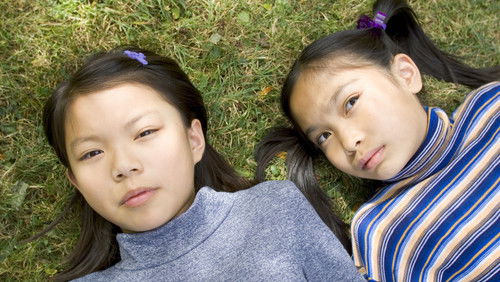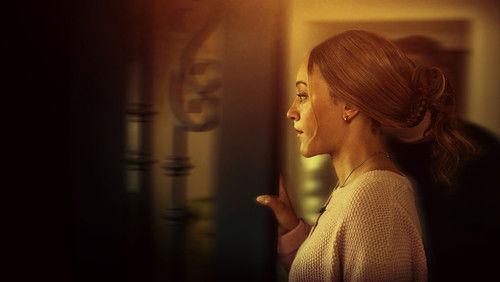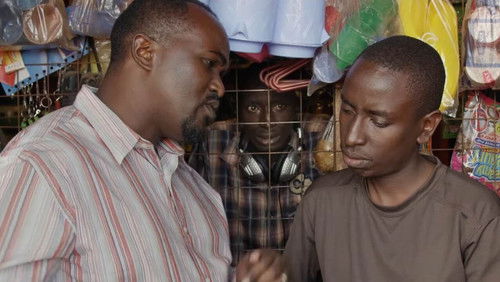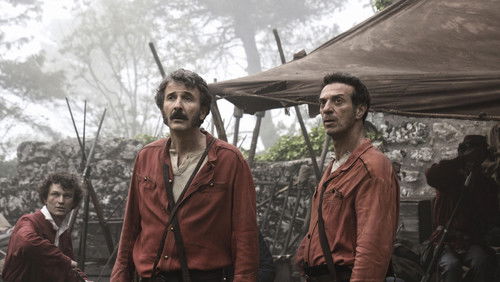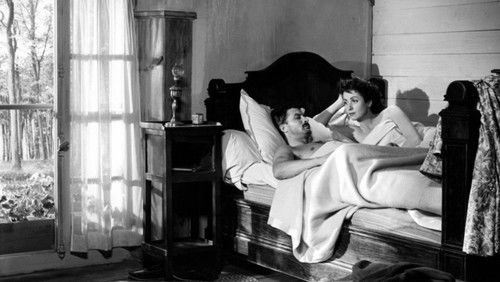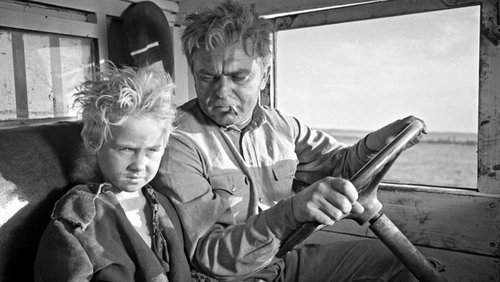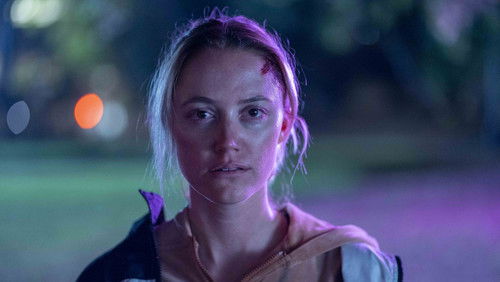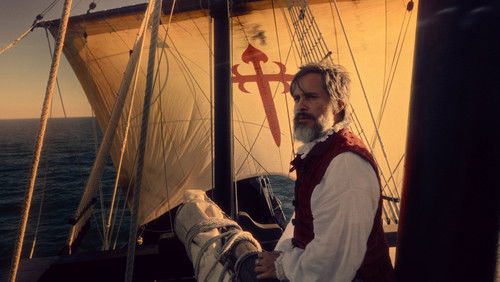Big Eyes (2014)
18KBig Eyes: Directed by Tim Burton. With Amy Adams, Christoph Waltz, Danny Huston, Krysten Ritter. A drama about the awakening of painter Margaret Keane, her phenomenal success in the 1950s, and the subsequent legal difficulties she had with her husband, who claimed credit for her works in the 1960s.
“Tim Burton has crafted quite a reputation as a director of the surreal and the macabre. In his films, he conjures up dark, Gothic images of death and despair, but suffuses them with his special brand of bittersweet magic and whimsy. On the surface, Big Eyes is right up his alley – this true story of the fiercest and most outrageous copyright battle in art history centres on a series of big-eyed waifs, almost ghostly figures of hope and horror that fit perfectly into Burtonu0026#39;s aesthetic. And yet, barring a few scenes, the final film is curiously characterless: a competently-made, shrewdly- cast biopic that never quite troubles the heart or spirit the way Burtonu0026#39;s films can do.u003cbr/u003eu003cbr/u003eMargaret (Amy Adams) is trying to scrape together a living for herself and her young daughter when she meets Walter Keane (Christoph Waltz), a charismatic real-estate broker who would rather make a name for himself as an artist. He offers her a home, love and financial security, and she quite happily takes his surname as her own. Once they are married, Walter keeps trying to break into the notoriously snobby art world, selling his own Parisian landscapes and Margaretu0026#39;s portraits of wistful young girls with enormous eyes. But itu0026#39;s her art – simply signed as u0026#39;Keaneu0026#39; – that grabs the attention and, as one white lie leads to another, Margaret suddenly finds herself shoved into the background. Walter has taken credit for her work, and is well on his way to transforming it into a global phenomenon.u003cbr/u003eu003cbr/u003eThere are many big ideas swirling around in Big Eyes: art, deceit, integrity, commercialism and love are shaken liberally and stirred through with deeper issues of sexism and psychological abuse. This comes through pretty well in the film, which paints a chilling picture of Margaretu0026#39;s enforced anonymity. As her husband delights in dominating newpaper headlines and picking fights with famed art critics like John Canaday (Terence Stamp), she fades almost literally into the background – creating ever more pieces of art for him in the solitude of her attic studio, lying even to her daughter about her lifeu0026#39;s work. The film also draws a canny, subtle distinction between the artist and the businessman: Walter may not be much of the former, but his skills as the latter are what drag Margaretu0026#39;s work from county fairs onto the international stage.u003cbr/u003eu003cbr/u003eThrough it all, Burton exercises a light – almost impersonal – touch. He scatters a few scenes into the film that hint at his trademark film-making style: Margaret bumps into a crass supermarket display of her art, and suddenly everyone around her sports the limpid, haunting eyes of the waifs no one knows are hers. But, for the most part, Burton keeps himself out of the proceedings. Itu0026#39;s proof that he can create nightmares on a more subtle and realistic level, capturing the darker side of life as it can be rather than as he imagines it. Occasionally, however, the film begs the question whether he should – itu0026#39;s stuffy and dry, never quite engaging either the heart or the imagination.u003cbr/u003eu003cbr/u003eThatu0026#39;s through no fault of his cast. Adams anchors Big Eyes with an astounding portrayal of a complex woman: one whou0026#39;s willing to cast off the chains of her first marriage, only to wind up tangled in the snare of another. It would be easy to play Margaret as a victim, but Adams finds the bitter strength in someone who must endure untold torment in a world and home that constantly remind her sheu0026#39;s too weak to succeed on her own. Waltzu0026#39;s performance, on the other hand, is puzzling – he plays Walter in the constant key of manic, right from the start, so that the characteru0026#39;s smooth, smug charm is all you ever see of the man. There is something undeniably delicious, though, about Waltzu0026#39;s Walter when the cracks begin to show: he simmers his way into a kind of monstrous madness, which lends both drama and humour to the proceedings when Margaret finally brings her claim to court.u003cbr/u003eu003cbr/u003eOn the evidence of Big Eyes, thereu0026#39;s hope yet for Burton if he would like to switch to making more literal films. He unearths plenty of smart, insightful tension in this troubled marriage, a partnership on unequal terms that becomes less emotional and more financial by the day. But the film also stumbles along at points, bled dry when it should radiate colour and emotion. Itu0026#39;s hard to shake the feeling, too, that Waltz seems to be under the impression that heu0026#39;s in a more old-school, over-the-top Burton production. Itu0026#39;s at these moments, in particular, that one might long for a splash of Burtonu0026#39;s own personality – the chance to look at this world, this story and these people through his eyes.”

